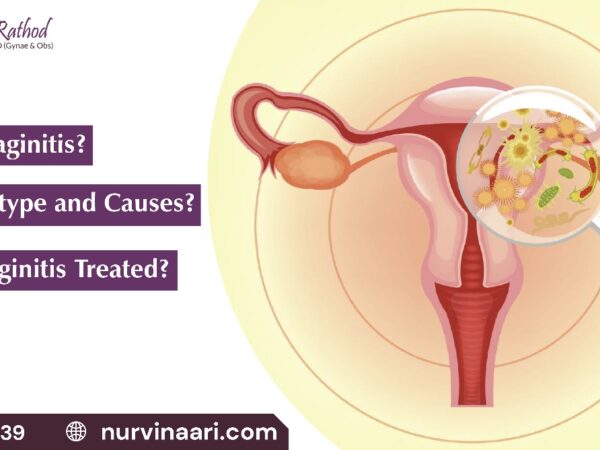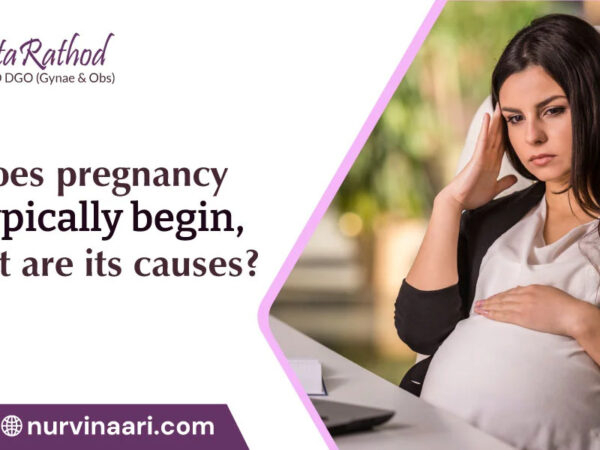Cramps during pregnancy are generally associated with the natural changes occurring in the body to accommodate the developing fetus. Discrete and intermittent discomfort, bereft of associated hemorrhagic events or alarming symptoms, is typically construed as routine. Mild cramping does not typically coincide with alarming symptoms such as bleeding.
However persistent and intense cramps with other issues may need immediate medical attention. Thus, it would be best for an individual to consult with the best obstetrician in Thane like Dr. Sujata Rathod to get the highest quality consultation if you experience any unforeseen issue during pregnancy. However, this guide also provides a quick insight into cramps, their causes, and when you should consult with the doctor.
Cramps During Pregnancy: Causes
Uterus expansion to make a home for the baby and ligament stretching and straining.
- 1st Trimester Early Cramping
During the early stage, an individual may experience pain due to some physiological adjustments. It’s usually the body’s way of adjusting to the fetus, which may lead to cramping.
- 2nd Trimester Cramping
The second trimester witnesses substantial uterine expansion and associated anatomical adaptations. The expansion and renovation may make room for the growing superstar inside. A bit of cramping is just the construction noise.
- 3rd Trimester Cramping
The uterus increases pressure on adjacent structures, and those contractions (Braxton Hicks) can bring a bit of cramp. An individual may experience the same contraction when labor begins but it may fade away. However, it would be best to consult with the doctor and get your cervix checked, as severe cramps may also lead to the signs of early labor.
Some Signs One Should Be Concerned About Cramping During Pregnancy
- Severe Pain:
If the cramping turns out intense and persistent, then it may warrant concern, especially if accompanied by severe pain. This could indicate underlying complications that require prompt medical attention.
- Bleeding:
Cramping coupled with vaginal bleeding is a red flag and necessitates immediate medical evaluation. It could signify potential complications that require thorough examination.
- Fever or Chills:
The presence of systemic symptoms like fever or chills alongside cramping may suggest an infectious etiology, requiring comprehensive medical assessment and management.
What Should I Do When Having Cramping During Pregnancy?
If you experience any unexpected signs and severe pain then it would be best to consult with the best high-risk pregnancy doctor in Thane like Dr. Sujata Rathod. Moreover, it would be best to follow the given consideration when having cramping during pregnancy.
- Contact Your Healthcare Provider:
If experiencing cramping and uncertainties arise, promptly reaching out to a healthcare provider is crucial. Professional guidance ensures a thorough assessment and personalized advice based on individual circumstances.
- Stay Hydrated:
Think of water as your backstage pass to a smoother pregnancy. Dehydration can make cramps steal the spotlight, so keep yourself hydrated.
- Rest:
Your body’s working hard during pregnancy. Thus, giving it some downtime and prioritizing periods of repose contributes to overall maternal well-being.
Conclusion
Distinguishing between normal, mild cramping and signs warranting concern empowers expectant parents to approach this facet of pregnancy with informed decision-making. Collaborating closely with healthcare providers and prioritizing self-care contribute to a positive pregnancy experience.
Nurture a healthy pregnancy: prioritize nutrition, exercise, and regular check-ups for you and your baby's well-being : The Pre-Pregnancy Checkup: Why? What? When?


Comments are closed.